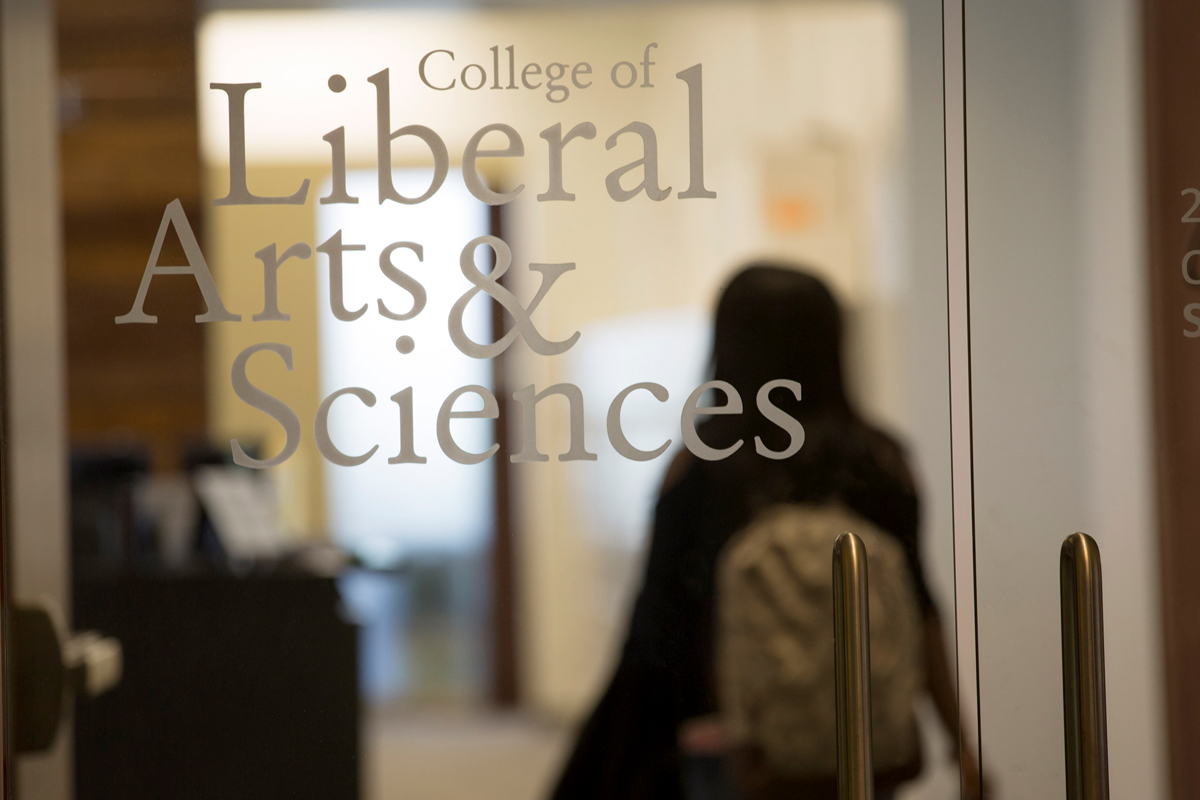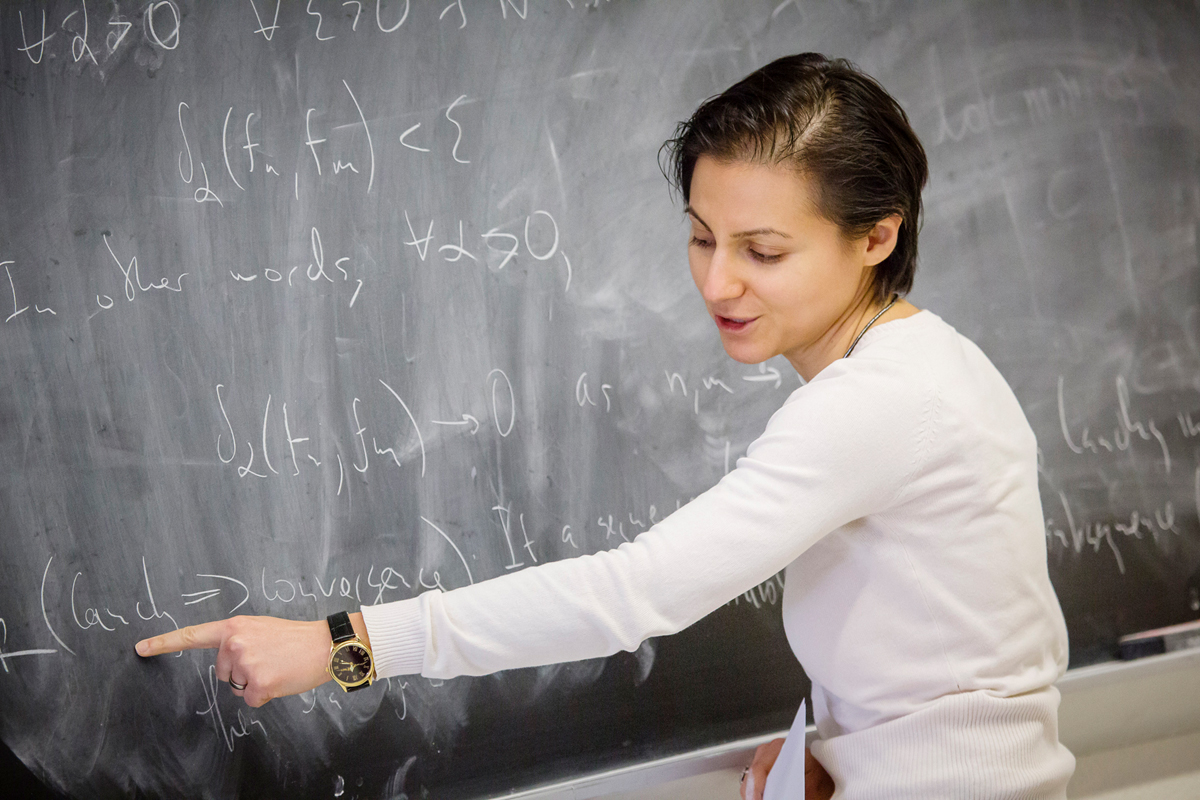Econometrics & Quantitative Economics
Econometrics & Quantitative Economics provides students with a quantitative curriculum, consisting of economics (specifically in econometrics), statistics, mathematics, and computer science. Students will be trained in advanced data analysis skills to answer economic questions, uncovering relationships, while taking all information into account.
- ECON 102—Microeconomics
- ECON 103—Macroeconomics
- MATH 220—Calculus
There are two groups of students for whom this BSLAS degree would be attractive. The first group would be students who want to obtain positions focused on advanced quantitative skills after graduating with this degree. For example, these students could seek positions in research departments of corporations and government agencies and work with large administrative data sets on consumers or firms. In particular, these students would have the preparation to perform more advanced market analyses and policy evaluations. These students would also be well-prepared for positions in consulting and financial firms. Many companies (Capital One, BP, AON, Jump Trading, Deloitte, and many others) have emphasized the need for economics graduates with a strong quantitative background, and the BSLAS degree will provide these students. The second group of students would be students who need advanced training in econometrics and quantitative methods in order to apply for graduate programs. Some would apply for Ph.D. programs in economics or finance, and others would apply for rigorous Masters programs in these areas and also statistics. Students with an interest in these graduate programs will have the quantitative/ economics background required build into their degree, which is not the case for the BALAS degree.
- Ability to give advice on business
- Ability to prepare & write reports
- Active learning
- Active listening
- Analytical skills
- Computer literacy
- Computer skills (beyond just literacy)
- Critical thinking
- Different learning strategies
- Empirical & quantitative skills
- Investigative skills
- Mathematics & science
- Oral & written communication
- Reading comprehension
- Research skills
- Actuary
- Bank Research Analyst
- Business Developer
- Claims Examiner
- Collection Agent
- Commodities Analyst
- Commodities Trader
- Controller
- Consulting Analyst
- Economic Research Assistant
- Economist
- Examiner
- FBI or CIA Agent
- Financial Analyst
- Financial Planner
- Health Policy Planner
- International Trade Specialist
- Lawyer
- Management Accountant Bank
- Market Research Analyst
- Marketing or Sales Manager
- Mortgage Loan Officer
- Public Administrator
- Purchasing Agent
- Securities Broker
- Statistician
- Tax Consultant
- Technical Writer
- Transfer Pricing Analyst
- Underwriter
- Participating in undergraduate research
- Applying for a study abroad experience
- Utilizing resources of The Career Center
- Joining a Registered Student Organization (RSO) related to this major, such as:
- Economics Club: investigates the role of economics in business, hosts visiting businesses/organizations, and informs people interested in economics.
- Econ Ambassadors: represents the Department of Economics in various capacities and act as a student advisory committee for the Undergraduate Studies Office.
- Illini Women in Economics: The group provides relevant support, resources, and opportunities to encourage more female participation in economics.
- Omicron Delta Epsilon (ODE): is an internationally recognized honor society for economics.
- Illinois Economics Consulting (IEC): is an RSO at the University of Illinois that connects economics students with businesses and government agencies in Champaign-Urbana.
There are several professional organizations dedicated to Economics. Their websites might be able to provide a glimpse in the world of Economics. These organizations include National Association for Business Economics and American Economics Association. For more information about the major check out the Department of Economics website.


